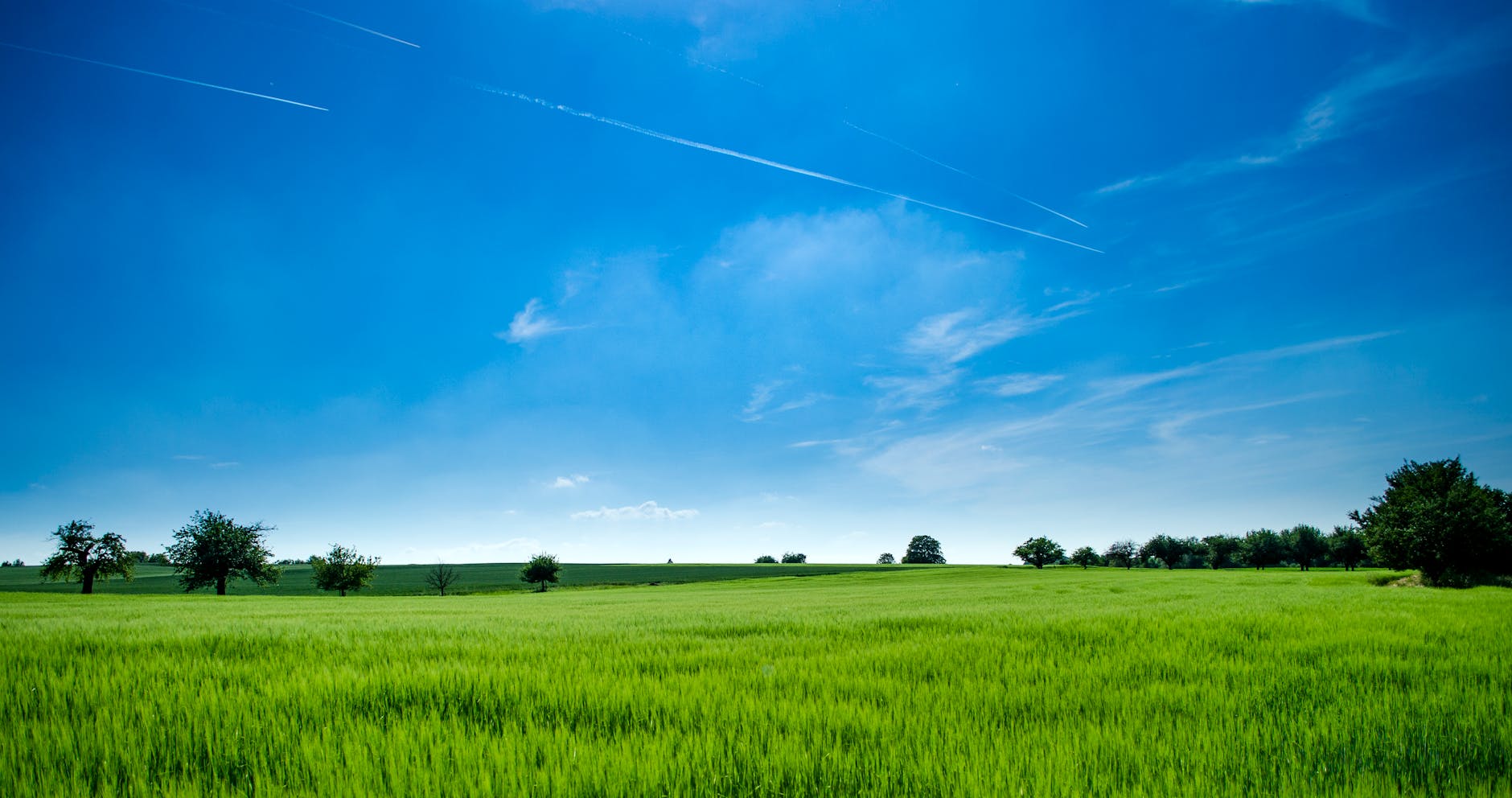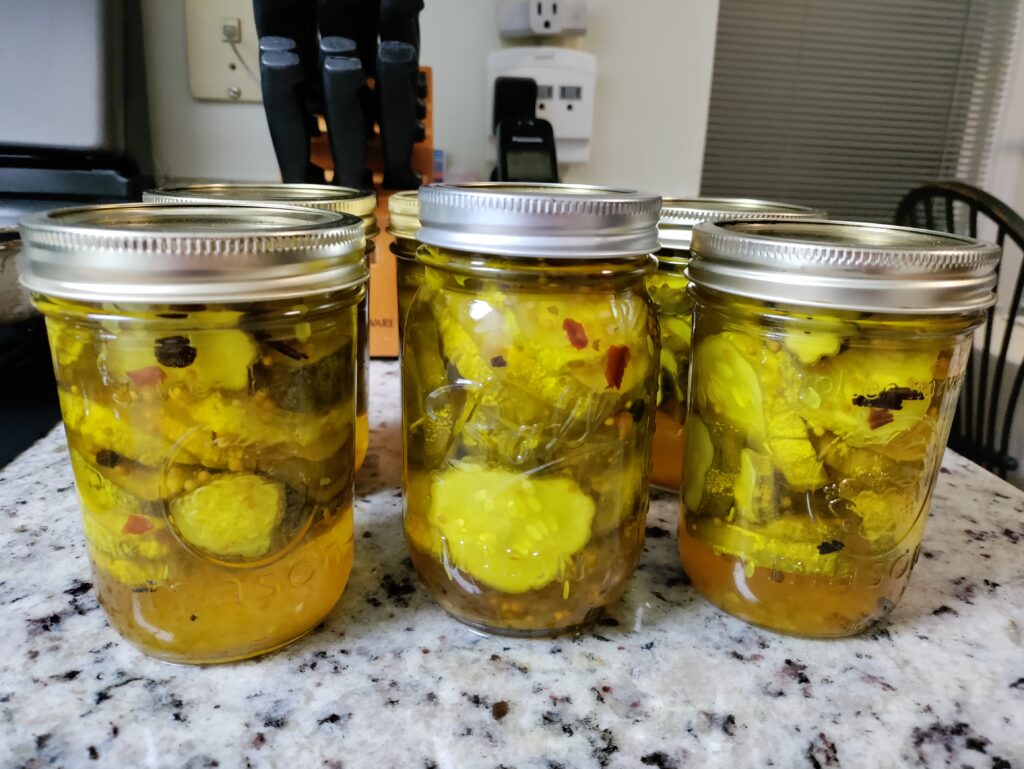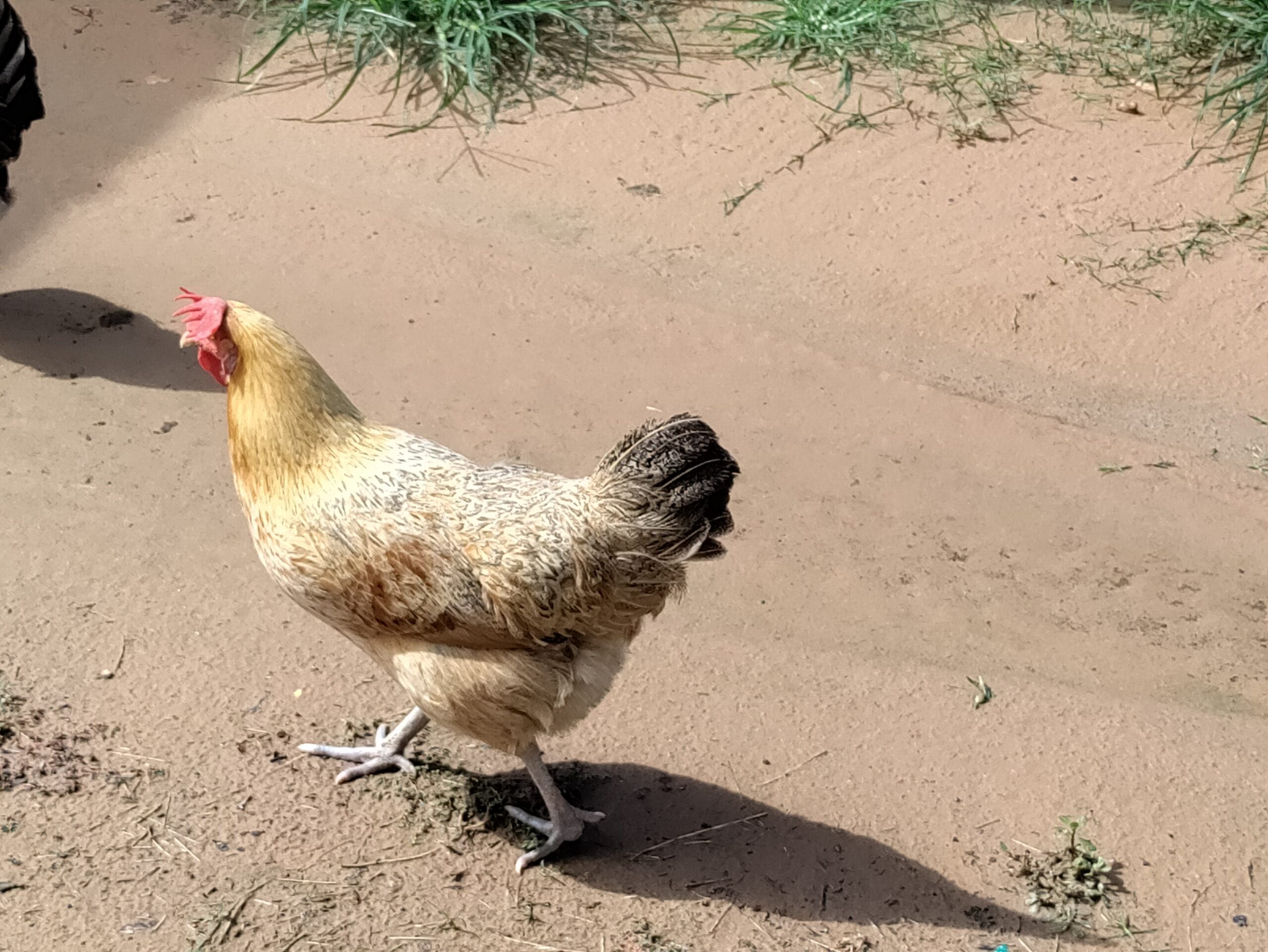We are searching for land to retire to in rural Louisiana, preferably anywhere from 20 to 80 acres. We have been down before to look at a few plots of land, one a farm on 40 acres with a farmhouse and guest cottage. I really liked that one, but my husband pointed out that it would be rather costly to renovate the house and clean up all of the old rusting farm equipment on the property. So, we are continuing our search. We have to decide whether to buy a large plot of land and use some of it for investment and some for a home site or buy a smaller plot of land and keep money in a more portable form.

Searching for Land to Purchase
Looking for and purchasing land in Louisiana involves several steps. Firstly, we determined our needs and budget. We started by defining our requirements for the land, such as its size, location, zoning restrictions, and intended use. We considered our budget and financing options to determine how much we can afford to spend. Secondly, we are researching and exploring available land for sale. We use online resources, local real estate listings, and land listing websites to look for available properties in southwest Louisiana. We consider factors such as nearness to amenities, transportation access, flood zones, soil quality, and any specific regulations or restrictions in the area.
Then we engaged a licensed real estate agent that is experienced in the southwest Louisiana and for the types of properties that we intend to purchase. Realtors can provide expertise with land purchases when you are searching for land, help navigate the market, and assist with negotiations and paperwork. We are scheduling visits to the properties we are interested in. We inspect the land thoroughly, considering factors like topography, drainage, existing structures, utilities, and any environmental concerns. If necessary, we may need to consult with professionals such as surveyors, architects, or environmental experts to assess the land’s suitability for our needs.

Researching the Property
Before making an offer, we plan to perform due diligence on the property. This may involve researching the property’s history, boundaries, easements, title insurance, and any legal or environmental issues. A title search will help ensure there are no outstanding liens or ownership disputes. Once we’ve identified a suitable property and completed our due diligence, we will work with our real estate agent to make an offer to the seller. We will negotiate the price, terms, and any contingencies, such as financing or inspections.
Financing the Property
Like most people, we require financing. The first step is the process of obtaining a loan for the land purchase. We have contacted our lender and will provide them with the necessary documentation to assess our eligibility and determine the loan terms. We plan to arrange for inspections, such as soil tests or environmental assessments, to ensure the land meets our requirements. For retirement, our needs are to build a house and have a small farm with some livestock. Also, we are also planning to plant trees for eventual harvest for timber. An appraisal will also be required to determine the property’s market value and support our loan application.
Finalizing the Purchase Agreement
Once all contingencies are met and out financing is secured, we will work with our real estate agent and attorney to finalize the purchase. This involves drafting and signing the necessary legal documents, such as a purchase agreement, title transfer documents, and any applicable permits. This involves coordinating with everyone involved, including the seller, real estate agents, lenders, attorneys, and title companies, to schedule the closing. During the closing, we’ll review and sign the final documents, make the required payments, and officially transfer ownership of the land. Then we will be farmers.







